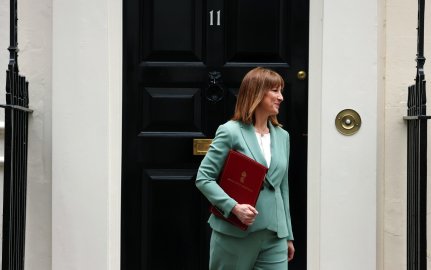UK Abandons Hotel Accommodation for Migrants: What’s Next?
The recent decision by the UK government to end the use of hotels for accommodating migrants has sent ripples throughout the immigration community. As the government grapples with the complex challenges of immigration, this measure raises significant questions about the future of migrant housing and support services in the UK.
The Context of the Decision
The UK has faced an increasing influx of migrants in recent years, leading to the government seeking various solutions to manage the situation. The use of hotels as temporary accommodation was a quick fix to provide shelter for those waiting for their immigration status to be determined. However, this approach has proven to be both costly and unsustainable.
Some of the notable reasons behind the UK government’s decision to halt hotel accommodations include:
Implications for Migrants
With the cessation of hotel accommodations, the question arises: what will happen to the migrants currently residing in these facilities? The government has indicated that it will seek alternative solutions, but uncertainty looms.
Migrants may face various challenges, including:
Alternative Solutions on the Horizon
As the UK government looks for alternatives to hotel accommodations, several potential solutions have been proposed. These include:
What’s Next for UK Immigration Policy?
The abandonment of hotel accommodations is part of a broader pattern in UK immigration policy, which has seen increasing scrutiny and reform. As the government continues to navigate these challenges, it is essential to consider the rights and dignity of migrants.
Key areas of focus for future policy may include:
Conclusion
The UK government’s decision to end hotel accommodations for migrants marks a significant turning point in the nation’s immigration policy. As the search for alternative solutions begins, the focus must remain on ensuring that the rights and needs of migrants are prioritized.
With the evolving landscape of UK immigration, it is vital to stay informed on the latest developments, including opportunities for community engagement and support for migrants. As we look ahead, the hope is that the UK can strike a balance between effective immigration control and the humane treatment of those seeking refuge.
In this time of transition, individuals and organizations must remain vigilant in advocating for migrant rights and supporting constructive immigration reform. The future of migration policy in the UK depends significantly on the choices made today and the commitment to finding sustainable solutions that respect human dignity.










